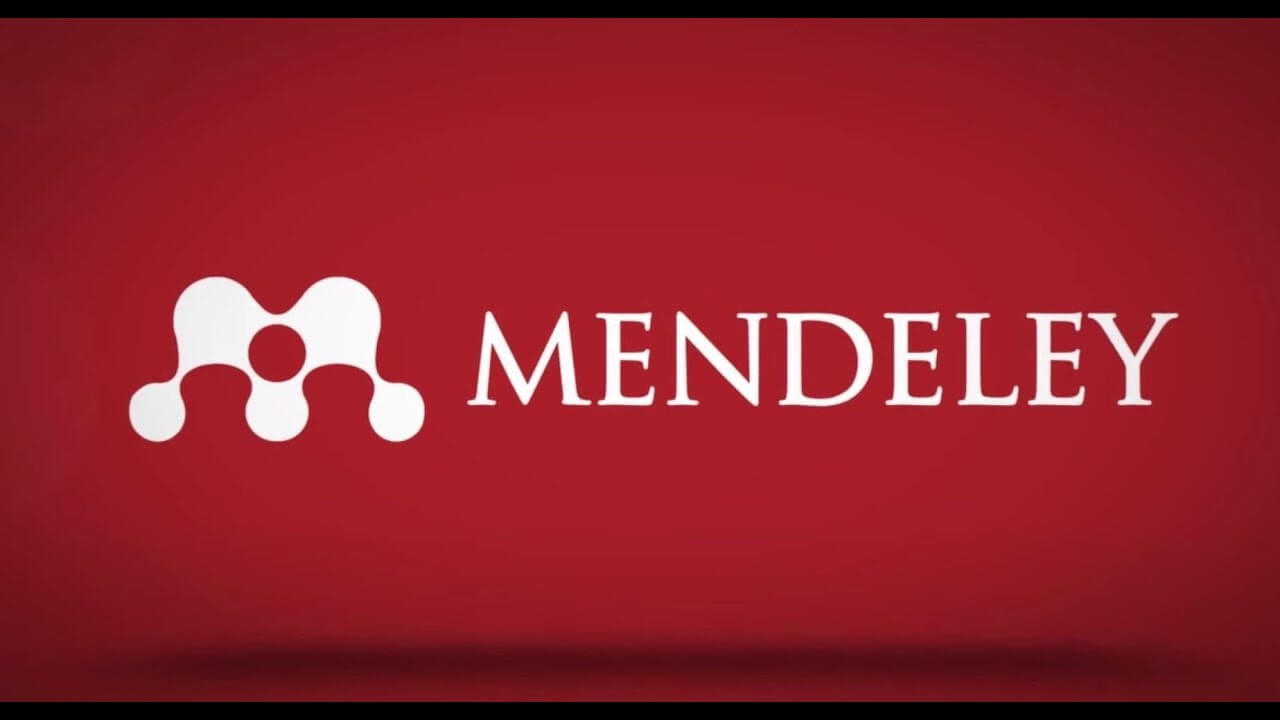The Ability Of Islamic Boarding School Students In Facing The Digital Literacy Era With Critical Reading
Abstract
Abstract:
In order to develop information technology, the national education system must be improved, and Pondok Pesantren is no exception. Since the ratification of Islamic Boarding School Law there have been at least four key fields, including the eight aspects of digital-age literacy, core literacy, science, information, visuals, technology, multicultural awareness and global knowledge. The tool used in the present study was to develop the teaching abilities of Islamic boarding school students and to write them through a bibliography approach and approach to education through Kelvin Seifert's digital literacy techniques, opportunities and challenges. These findings show the students' ability to learn and comprehend it again with good analytics can be enhanced with the approach to classical book studies with critical thinking skills.
Keywords: Ability; Digital-Age Literacy; Islamic education; boarding school;
Abstrak:
Untuk mengembangkan teknologi informasi, sistem pendidikan nasional harus diperbaiki, tidak terkecuali Pondok Pesantren. Sejak disahkannya UU Pesantren setidaknya terdapat empat bidang utama, yaitu delapan aspek literasi era digital, literasi inti, sains, informasi, visual, teknologi, kesadaran multikultural, dan pengetahuan global. Alat yang digunakan dalam penelitian ini adalah untuk mengembangkan kemampuan mengajar siswa pesantren dan menuliskannya melalui pendekatan bibliografi dan pendekatan pendidikan melalui teknik literasi digital, peluang dan tantangan Kelvin Seifert. Temuan ini menunjukkan kemampuan siswa untuk belajar dan memahaminya kembali dengan analitik yang baik dapat ditingkatkan dengan pendekatan studi buku klasik dengan kemampuan berpikir kritis.
Kata kunci: Kemampuan; Literasi Era Digital; Pendidikan Islam; pesantren;
References
Babu, G., Suresh, P., & Pariventhan, K. (2017). Enhancement of learning through collaborative learning techniques. New Man Journal of Multidisciplinary Studies, 4, 29–38.
Barreiro, M. P. R. (2018). The use of critical thinking skills to detect bias in written press. Revista Boletín Redipe, 7(6), 74–83.
Basri, H., & As, A. R. (2018). Improving The Critical Thinking Ability of Students to Solve Mathematical Task. JIPM (Jurnal Ilmiah Pendidikan Matematika), 7(1), 13–21.
Deng, Z., & Gopinathan, S. (2016). PISA and high-performing education systems: Explaining Singapore’s education success. Comparative Education, 52(4), 449–472.
Dixon, M. (2017). Reflecting on writing for teaching. Metaphor, 4, 44.
Eddles-Hirsch, K. (2015). Phenomenology and educational research. International Journal of Advanced Research, 3(8).
Fidalgo, R., Torrance, M., Rijlaarsdam, G., van den Bergh, H., & Álvarez, M. L. (2015). Strategy-focused writing instruction: Just observing and reflecting on a model benefits 6th grade students. Contemporary Educational Psychology, 41, 37–50.
Germaine, R., Richards, J., Koeller, M., & Schubert-Irastorza, C. (2016). Purposeful Use of 21st Century Skills in Higher Education. Journal of Research in Innovative Teaching, 9(1).
Graham, M., & Dutton, W. H. (2019). Society and the internet: How networks of information and communication are changing our lives. Oxford University Press.
Haningsih, S. (2008). Peran strategis pesantren, madrasah dan sekolah islam di Indonesia. El Tarbawi, 1(1).
Henry, M., Réjou-Méchain, M., Jara, M. C., Wayson, C., Piotto, D., Westfall, J., Fuentes, J. M. M., Guier, F. A., Lombis, H. C., & López, E. C. (2015). An overview of existing and promising technologies for national forest monitoring. Annals of Forest Science, 72(6), 779–788.
Hidayat, S., & Fadillah, E. N. (2019). Development of Assessment Instruments In Measuring Critical Thinking Skills of Senior High School Participants of Biology Subject. Journal of Physics: Conference Series, 1241, 012040.
Howard, L. W., Tang, T. L.-P., & Austin, M. J. (2015). Teaching critical thinking skills: Ability, motivation, intervention, and the Pygmalion effect. Journal of Business Ethics, 128(1), 133–147.
Ismail, M., Rahim, P. R. M. A., & Yusoff, M. S. M. (2013). Educational Strategies to Develop Discipline among Students from the Islamic Perspectives. Procedia - Social and Behavioral Sciences, 107, 80–87. https://doi.org/10.1016/j.sbspro.2013.12.402
Jarosz, A. F., Goldenberg, O., & Wiley, J. (2017). Learning by invention: Small group discussion activities that support learning in statistics. Discourse Processes, 54(4), 285–302.
Karyanti, R., Yulianti, D., & Baharuddin, B. (2016). Penerapan Pembelajaran Kooperatif Tipe Stad untuk Meningkatkan Ketrampilan Proses Sains dan Prestasi Belajar. Jurnal Teknologi Informasi Komunikasi Pendidikan (Old), 4(2).
Maharani, D. I., AY, M. H., & Arifin, I. (2018). MANAJEMEN PEMBELAJARAN PONDOK PESANTREN. JMSP (Jurnal Manajemen Dan Supervisi Pendidikan), 1(1), 17–23.
McPeck, J. E. (2016). Critical thinking and education. Routledge.
Nadri, Y., & Azhar, A. (2017). Self-Assessment of Critical Thinking Skills in EFL Writing Courses at the University Level: Reconsideration of the Critical Thinking Construct. Arab World English Journal, December 2016 ASELS Annual Conference Proceedings.
Nugrahanto, S., & Zuchdi, D. (2019). Indonesia PISA Result and Impact on The Reading Learning Program in Indonesia. International Conference on Interdisciplinary Language, Literature and Education (ICILLE 2018).
Ramdhani, M. A., & Muhammadiyah, H. (2015). The Criteria of Learning Media Selection for Character Education in Higher Education.
Ratri, S. Y. (2015). Student factor infl uencing Indonesian student reading literacy based on PIRLS data 2011. Journal Of Education, 1(1).
Scott, I. (2018). Designing the South African Higher Education system for student success. Journal of Student Affairs in Africa, 6(1), 1–17.
Setiawan, A. R. (2019). Is this Educational World We Created?
Short, M. N., & Keller-Bell, Y. (2019). Essential skills for the 21st century workforce. In Handbook of Research on Promoting Higher-Order Skills and Global Competencies in Life and Work (pp. 134–147). IGI Global.
Sutton, R. (2016). Educational Psychology.
Suwono, H. (2017). School literary movement in Indonesia: Challenges for scientific literacy. International Conference on Education (ICE2) 2018: Education and Innovation in Science in the Digital Era, 309–317.
Suwono, H., Mahmudah, A., & Maulidiah, L. (2017). Scientific literacy of a third year biology student teachers: Exploration study. KnE Social Sciences, 269–278.
Teo, P. (2019). Teaching for the 21st century: A case for dialogic pedagogy. Learning, Culture and Social Interaction, 21, 170–178.
Ulger, K. (2016). The relationship between creative thinking and critical thinking skills of students.
Van Knippenberg, D., Dahlander, L., Haas, M. R., & George, G. (2015). Information, attention, and decision making. Academy of Management Briarcliff Manor, NY.
Velasufah, W., & Setiawan, A. R. (2019). Nilai Pesantren sebagai Dasar Pendidikan Karakter.



















